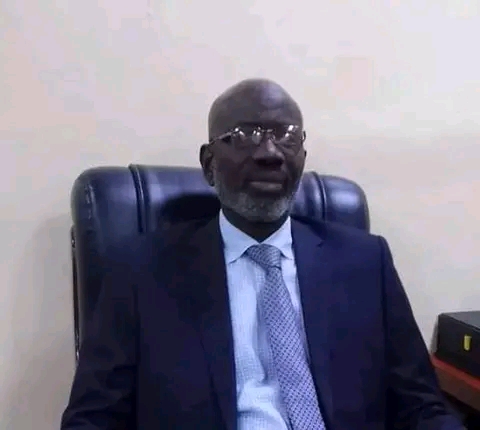
National Security Adviser Mr Abubacarr Sulayman Jeng has pointed out that all the different security institutions have reformed to a significant degree since the change of regime in 2017.
Mr Jeng asserted at a media briefing to sensitize the public and create awareness of ongoing Security Sector Reform in the country and provide updates on what has been achieved thus far, highlighting the current challenges and the way forward in addressing them.
“State Intelligence Service draft bill, Code of Conduct, Selection and Recruitment policy Training policy, and the Manual on Diplomatic Etiquette and Protocols completed. A significant number of officers have undergone internal and external training to argue their capacities in various facets of national security in general and the intelligence tradecraft in particular. The Agency has upgraded its training school to the ” Center for National Security Studies “as a training hub for not only the SIS but also the wide security sector and other stakeholders.”
Mr Jeng noted that the objective of the media engagement is to widen the understanding of the population who are critical stakeholders of the process. The SSR he clarified, is not a one-off event but a dynamic and progressive process with the citizens and residents of this country as the primary beneficiaries and stakeholders of the process.
The SSR he explained means “A political and technical process of improving state and human security by making provision, management, and oversight more effective and more accountable, within a framework of democratic civilian control, the rule of law and respect for human rights”
One of the specific objectives of SSR he said is to set out the parameters necessary to enable the fulfilment of legitimate security functions through reforms, restructuring, and institutional development to counterbalance an effective security sector.



